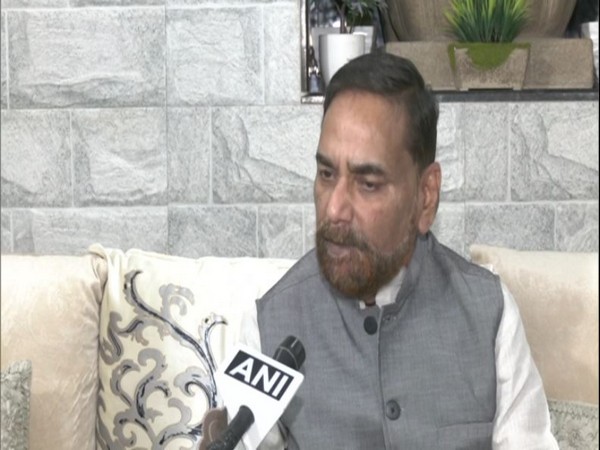Controversy Surrounds West Bengal’s New Women Safety Law as Political Divide Deepens
JD(U) raised concerns over the new West Bengal law for women's safety, criticizing the administration's implementation and addressing corruption. TMC hailed the legislation as historic, while BJP slammed it as unconstitutional and mere 'drama'. The legislative future remains uncertain.

- Country:
- India
In a major political development, Janta Dal (United) spokesperson Rajiv Ranjan Prasad voiced skepticism over the efficacy of the newly passed 'Aparajita Woman and Child (West Bengal Criminal Laws and Amendment) 2024'. Speaking on Wednesday, Prasad stressed that without genuine governmental action and the strict enforcement of laws, women's safety in West Bengal would remain in jeopardy. According to him, mere legislative measures are insufficient if the state fails to ensure proper implementation.
Prasad also highlighted systemic corruption as a significant barrier to safeguarding women. He argued that even the most well-intentioned laws would be futile unless corrupt officials are held accountable. Criticizing Chief Minister Mamata Banerjee's approach, he accused her administration of superficial and hurried attempts to address cases, thereby diverting attention from substantive issues.
The bill, unanimously passed by the West Bengal Assembly on Tuesday, was lauded by TMC leader Kunal Ghosh as a historic move aimed at delivering stringent punishments for crimes like rape and murder. However, the legislation faced backlash from the Bhartiya Janata Party. Union MoS and BJP leader Sukanta Majumdar termed the bill as 'unconstitutional', accusing Banerjee of political theatrics. He suggested that the existing central laws already cover these concerns and predicted that the bill would be invalidated by the Supreme Court. As the debate intensifies, the bill's future remains uncertain.
(With inputs from agencies.)
ALSO READ
"Mamata Banerjee is anti-Indian": BJP leader Sanjay Jaiswal
AAP chief Arvind Kejriwal slams BJP for "making power situation worse" in Delhi
Controversy Surrounds BJP's 'Saugat-e-Modi' Initiative Amid Taxpayer Funding Concerns
Opposition Questions BJP's Budget Transparency in Delhi
RJD Criticizes BJP's 'Saugat-e-Modi' Initiative as Election Tactic










